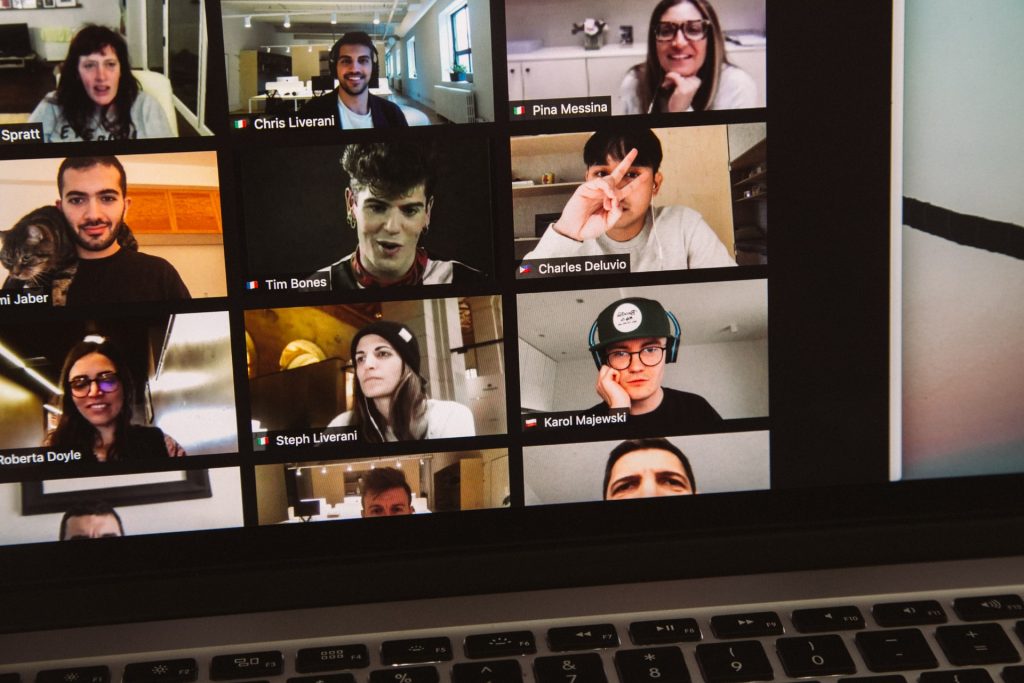
ITD Assertiveness Course
Our assertiveness course is a way to get ideas on how to improve your assertiveeness with practical concepts based on experience.
Virtual Assertiveness Course Agenda
Pre-workshop
Explore how your personality impacts on assertiveness by completing the ITD Work Styles Questionnaire. This is free of charge and included in the training. We will review the implications during the session, but you will receive an email with areas to consider when you complete the questionnaire.
Situations
You need to reflect on the specific situations where you would like to develop an assertive approach. This includes the people involved and the situation. For example, is it when people are making demands of you, or when your manager is delegating too much work to you. Considering the situation is important to developing a more assertive approach.
Behavioural Conditioning
The impact of behavioural conditioning is fundamental to developing assertion. That’s because it is very typical to have unintentionally conditioned another person into expecting you will behave in an unassertive way. If this is the case, breaking this cycle of behaviour can work wonders. But it takes care as to how you make this change.
Assertive words and phrases
Our assertiveness course gives you ideas on the right words and phrases to use when being assertive. We also cover examples of words that will have the opposite effect. This means you will leave with a tool kit of ideas to consider and implement.
Questions
The assertiveness course explores the idea of using questions as a technique to be assertive. We review the situations where this applies and the kinds of questions to use and how they work. This gives you a simple and flexible tool to use in the workplace.
How to say no
One of the most common challenges of people who want to be more assertive is when saying no. The situations when this arises can vary widely, but include; when being delegated too much work; when being asked unreasonable requests; when the job role creeps and expands without agreement, and when assumptions about you are made. In all of these situations we show the words to use and how to position these words in the context of your role.
Summary
We summarise the session before going on to help you create your action plan. This means all the learning from the workshop is in one place on the screen to remind you.
Behavioural Change
Becoming more assertive needs a change of behaviour. From our experience with behavioural change we have developed our behavioural change action planning tool. This helps you to position your change to give you the best chances of success. That is because we have based it on the work of the most pre-eminent behavioural change research from people like A Bandura.
Changing behaviours can be very hard to do, even when you want to make the change. Using our tool gives you a realistic chance of success.
Virtual Assertiveness Course FAQs
Can I ask questions about assertiveness during the workshop?
Yes you can. If it requires a more complex answer we may follow up by email after the course.
Can I change the date I want to attend, after I have booked?
Yes you can. Just send us an email request.
Will I have to explain my situations where I want to be more assertive?
Only if you want to and feel comfortable doing so.

Participant Feedback
These are the latest reviews we’ve received from our training

Booking this virtual assertiveness course
Cost
The cost of our virtual assertiveness course is just £80 per person, including the pre-course online personality questionnaire. Payment is taken with a credit card. You will be emailed a receipt and a zoom link to the training.
Duration
This is a two hour course including a short 5 minute break half way through.
Process
There is a simple process for you to book this virtual assertiveness course:
- Click on the Pay Now button below, you will be directed to the payment page.
- Select a date
- Make your payment.
- You will receive an email receipt and later a zoom invite for the training.
Book Assertiveness Course Now
To book this training now, simply click here to go to the payments page. You can pay with a credit card.
Questions?
If you have any questions about our assertiveness course, just contact us.

Assertive Presentations
To develop your assertiveness when making presentations check out our video learning platform at itdLIVE.com

